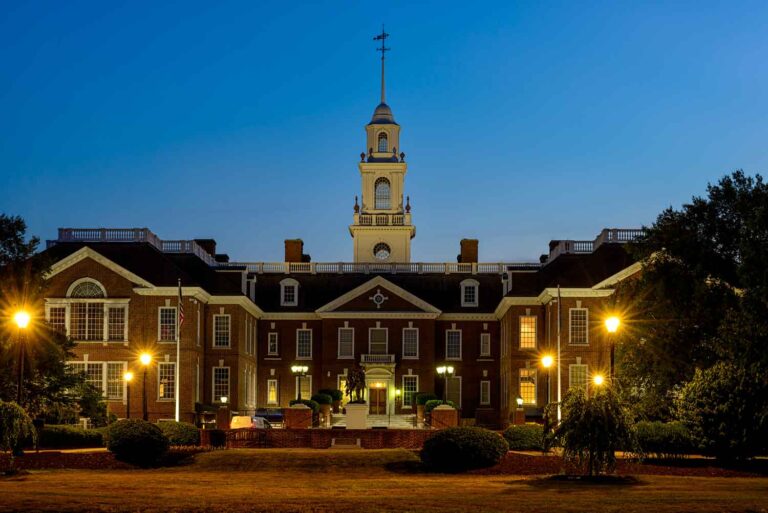
After the first measure to legalize recreational cannabis in Delaware failed, lawmakers went back to the drawing board. HB 305’s sponsor, Representative Ed Osienski, D, still wanted to bring recreational cannabis to adults in Delaware. There was support among delegates, but not enough to make a supermajority. In order to send a bill from the House to the Senate in Delaware that revolves around raising revenue, a supermajority vote must take place. HB 305 fell two votes short of a supermajority and the future of legal cannabis seemed impossible this year.
After a few months, Representative Osienski introduced two new bills, HB 371 and HB 372. These two bills are simply a split version of HB 305. This gives lawmakers another chance to pass cannabis legislation in different ways
HB 371 Details
Under HB 371, adults 21 and over could possess up to one ounce of cannabis at a time. They can also share up to an ounce “without remuneration” or consequences. No gifting is allowed in association with sales or separate transactions of non-cannabis products or services, however. Home cultivation of any kind would also remain prohibited.
Because HB 371 doesn’t involve raising revenue in any way, a simple majority could move the bill to the Senate. Shortly after moving to the Senate, HB 371 received another majority vote and went to Governor John Carney, D, where it currently awaits his signature
HB 372
The companion bill to HB 371, HB 372 would establish a retail and regulation market for recreational cannabis. This bill has much more detail and focuses on social equity, something that lawmakers conflicted on in 2021’s regular session that killed the legalization bill then as well. Under the state’s Division of Alcohol and Tobacco Enforcement, HB 372 would establish a marijuana commissioner. This individual would regulate the recreational cannabis industry and oversee the licensing of retailers, cultivators, manufacturers, and labs.
Each recreational cannabis sale would receive a 15% tax, where 7% of revenue would fund the new Justice Reinvestment Fund. This fund would provide grants, services, and other initiatives with a focus on jail diversion, workforce development, and technical assistance for people in communities disproportionately impacted by the war on drugs.
Because HB 372 involves raising revenue, this bill, like HB 305, would require a supermajority vote to pass the bill to the Senate. Again, the House voted on HB 372 to set up the regulated cannabis market. And again, there simply weren’t enough votes. 24 votes in favor of HB 372 were going to be counted, just one short.
As Representative Osienski noted this shortage, he changed his vote from ‘yes’ to ‘no.’ By having the bill’s sponsor pull his vote, this gives him the right to call for the bill’s reconsideration at a later date during the regular session. Until June 30, Representative Osienski can bring HB 372 forward again. He only needs one more vote, so the likelihood of achieving the supermajority vote is possible.
Governor’s Concern
But even with each bill on the governor’s desk, there are still levels of uncertainty. Governor Carney is one of the few Democratic governors who opposes recreational cannabis legalization, along with Hawaii Governor David Ige and Louisiana Governor John Bel Edwards.
“I don’t think it should be a criminal offense but this bill that passed just decriminalizes it, it doesn’t have a regulatory piece that goes with it.” Governor Carney explained after HB 371 passed the Senate and moved to his desk. “So we’re looking at the same concerns that I’ve been articulating for some time with respect to public safety and its effect on our young people and we’ll continue to keep those in mind,” he added.
Governor Carney has until May 31 to make a decision on HB 371. He must either sign the bill, veto it with recommended amendments, or let the bill go into law without his signature.
Future of Cannabis
There is still a chance recreational cannabis could legalize recreational cannabis this session, even if it must come later. This will make recreational cannabis sales and regulation receive a third floor vote. While many Delaware citizens agree in decriminalization and recreational legalization, lawmakers still express concerns surrounding family life and teenage usage. As more information becomes available, we will update you with the latest.
Make sure to check back for more cannabis, hemp, and psychedelic related news.